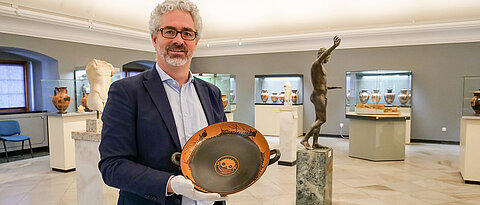
The Collection of Antiquities in the Martin von Wagner Museum at the University of Würzburg is at risk of losing numerous important loans. For this reason, those responsible have now launched a fundraising campaign.
more
The Collection of Antiquities in the Martin von Wagner Museum at the University of Würzburg is at risk of losing numerous important loans. For this reason, those responsible have now launched a fundraising campaign.
more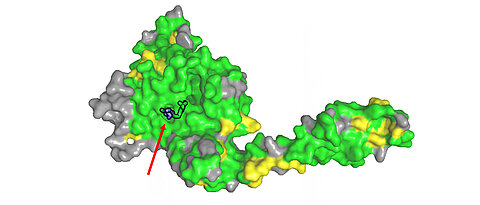
Some cancer drugs cause severe side effects because they are not working accurately enough. A team at the University of Würzburg led by biochemist Caroline Kisker has now discovered why.
more
The University of Würzburg is part of a new Collaborative Research Centre (CRC) in which innovative therapeutic strategies against cancer are being sought. Another CRC with Würzburg participation will be extended.
more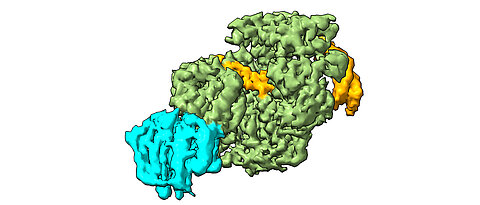
Researchers at the University of Würzburg, led by Caroline Kisker in cooperation with Claudia Höbartner, discovered how the protein XPD detects a severe DNA damage and controls its repair.
more
A new Indology project is focussing on a hitherto little-researched period of ancient Indian history: the time of the transition from Buddhism to Hinduism in the northwest of the country.
more
When members of a group successfully coordinate their movements with one another, this leads to a stronger sense of togetherness. This was shown by a recent study by the Universities of Würzburg and Regensburg.
more
Rapid Test for Topological 2D Materials: Researchers from the Würzburg-Dresden Cluster of Excellence ct.qmat have developed a method with which two-dimensional topological materials can be detected more easily and quickly.
more
The University of Würzburg is proud to establish two new Research Training Groups in physics and chemistry. They deal with particle physics and photoluminescence.
more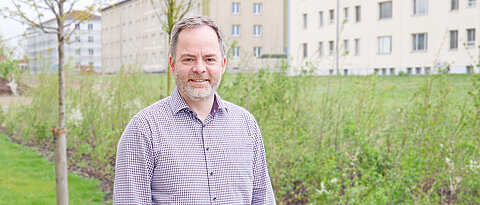
Christian Hof is head of the new Chair of Global Change Ecology at the University of Würzburg. His research focuses on how climate change and human activities affect species and biodiversity.
more
In five years' time, a large asteroid will fly very close to Earth – a unique opportunity to study it. Concepts for a national German small satellite mission are being examined at the University of Würzburg.
more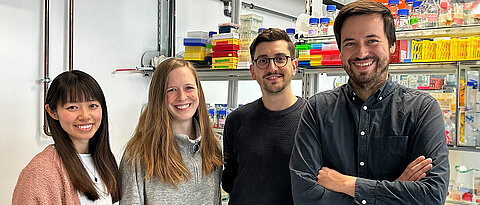
Researchers at the University of Würzburg have discovered a new function of the oncoprotein MYCN: It not only helps cancer cells to grow stronger, but also makes them more resistant to drugs.
more
Artificial intelligence may soon help to identify lies and deception. However, a research team from the Universities of Marburg and Würzburg warns against premature use.
more
The University of Würzburg performs well above average in the student survey as part of the CHE Ranking 2024. All subjects assessed achieved mostly good to very good results.
more
Three new programmes for the structured training of doctoral students are being launched in biology, chemistry and physics. The European Union is funding them with around eleven million euros.
more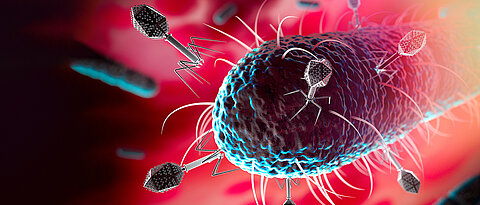
A team led by researcher Chase Beisel at the Helmholtz Institute for RNA-based Infection Research (HIRI) in Würzburg conducted the first systematic study of CRISPR-based antibiotics in Klebsiella pneumoniae.
more